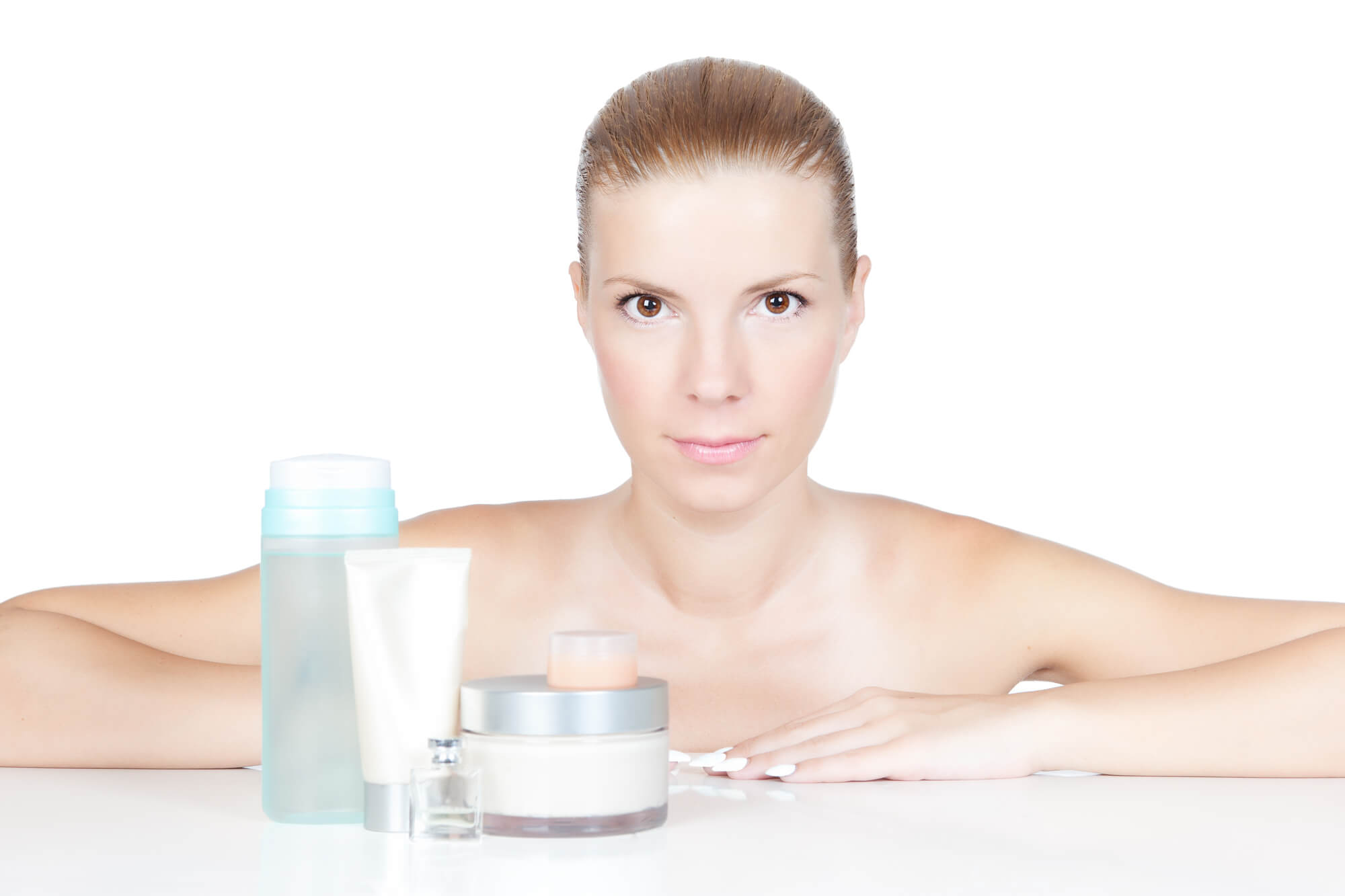

Skin Sensitivity - The Science and How to Control It
While skin sensitivity is very common and easy to control, most people don't realize they have sensitive skin until they come in contact with a product that causes irritation. In most cases, skin irritations aren't serious to your health, but it's important to understand what causes sensitivity and the right steps to help it.
Causes of Skin Sensitivity & Irritations
-
Potent Chemicals
Chemicals with dyes and perfumes, such as make-up, body wash, and moisturizer with added fragrances, can irritate the skin when they coming in contact. Products that cause sensitivity sometimes show rashes and redness on the skin.
-
Dry Skin
When skin loses too much water or oil, it causes dry skin1, which can cause irritable and sensitive skin. You may notice when your skin is dry it will itch, become blotchy, peel, or turn red. Dry skin occurs mostly on the face, hands, feet, and arms.
-
Skin Conditions
There are few skin conditions that cause sensitive skin, like eczema, rosacea, and dermatitis, to name a few.
- Eczema causes people to have irritable skin to products that wouldn't normally bother people. If someone has eczema, their skin isn't able to protect it from germs and chemicals and thus causing sensitivities to make-ups and soaps. People with eczema tend to see bumps on the skin, dry and itchy areas, and inflamed and cracked skin.
- Rosacea causes the face to become flushed from products, which causes the skin to become red and bumpy.
- Dermatitis is a common condition that usually causes dry and itchy skin. There are multiple types of dermatitis, however, the most common are Atopic and Contact Dermatitis. Atopic dermatitis usually starts at a young age and goes away with time. This type of dermatitis mostly forms in the creases of your elbow or knees. Contact Dermatitis is a rash that forms on the skin when it comes in contact with an irritant. Usually, only the part of the skin that comes into contact with the irritant becomes red and sometimes itchy.
How to Treat Sensitive Skin
One great way to improve sensitive skin is to use soap-free, anti-inflammatories, such as algae. Algae can moisturize the skin, clean pores, and is great for someone with dermatitis or eczema. Algae soothes any flare-ups and as an added plus, helps with anti-aging.
Another simpler option for controlling sensitive, irritated skin is to try Lilium, our hydrating dietary supplement. Lilium tames and calms damaged, dry skin, to give you a more youthful and vibrant glow. It's also all-natural, chemical-free, and vitamin-based, bringing your skin back to life through powerful anti-inflammatories and hydration at the cell level.
Not interested in dietary supplements? No problem. Here are a few topical ways to help maintain your sensitive skin:
- Apply a fragrance-free, natural hydrator like Honeybutter up to three times a day
- Relax in an oatmeal bath
- Use warm water for showers, rather than hot as this can dry out the area more
- Don't over-wash the affected areas
Skin sensitivity can affect anyone, and to be honest, it sucks! The good news is that there are simple ways to combat it. By knowing the causes and correctly diagnosing the type of skin sensitivity you have, you can keep it in check with just a few easy steps.
